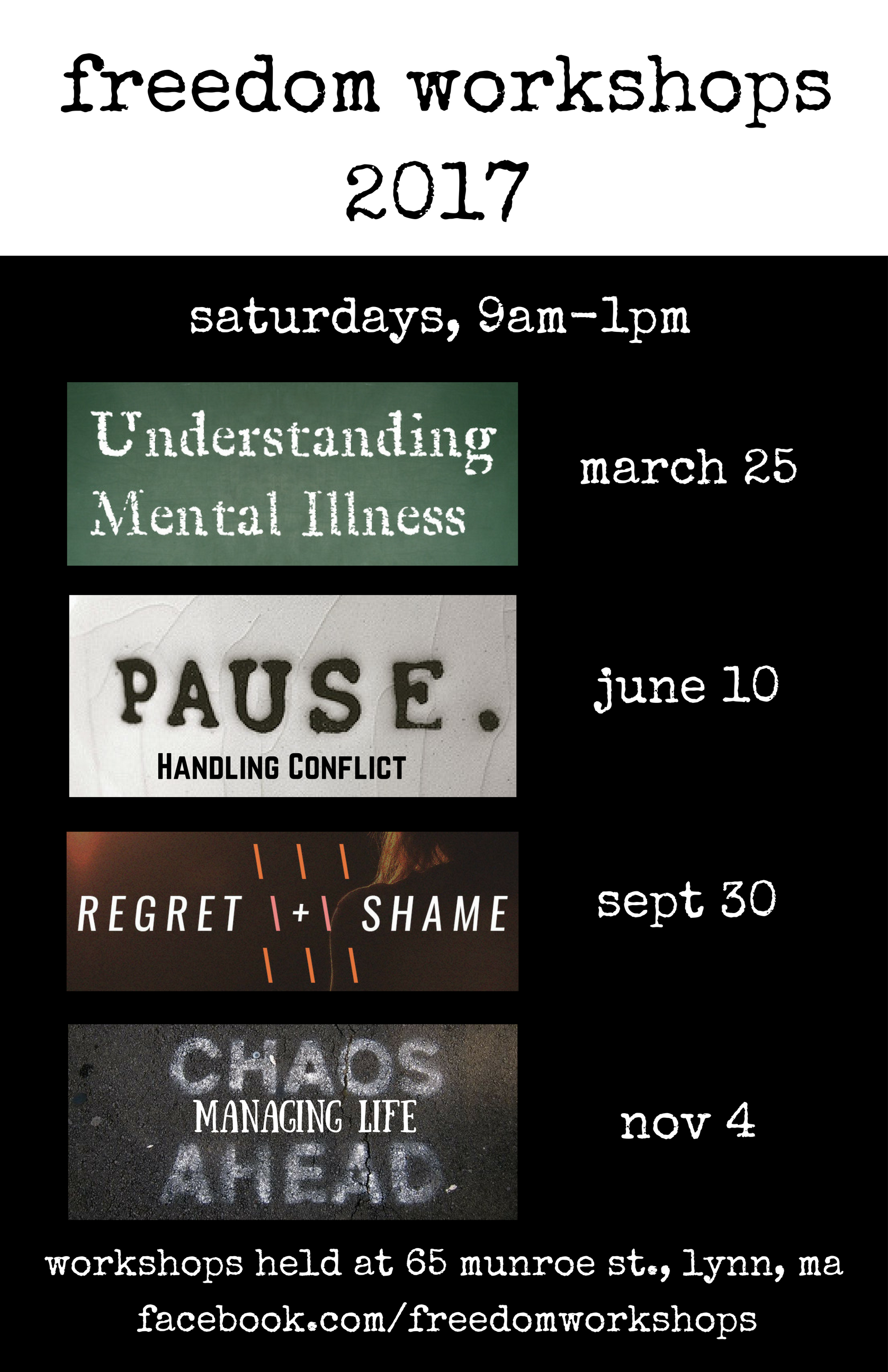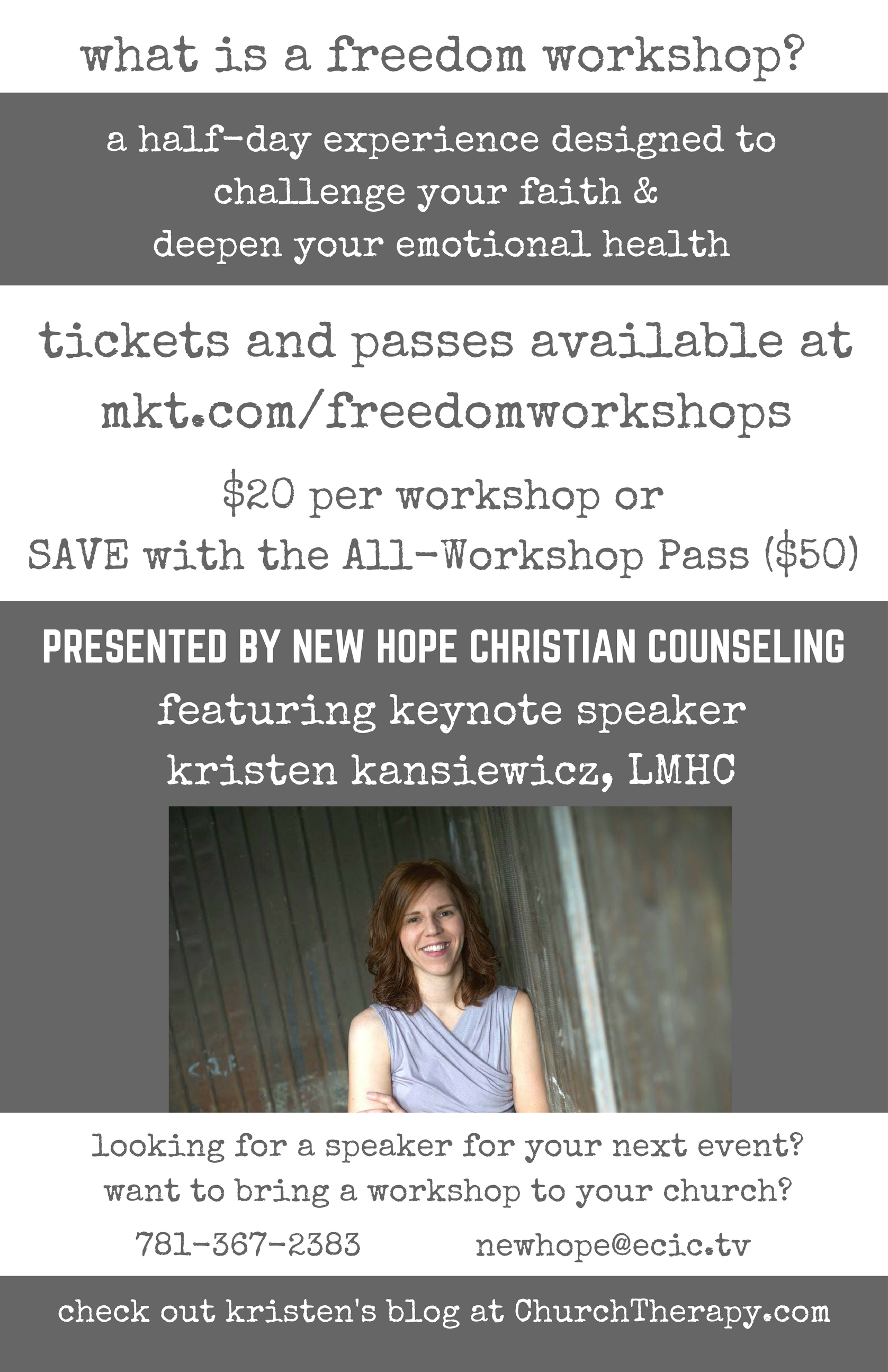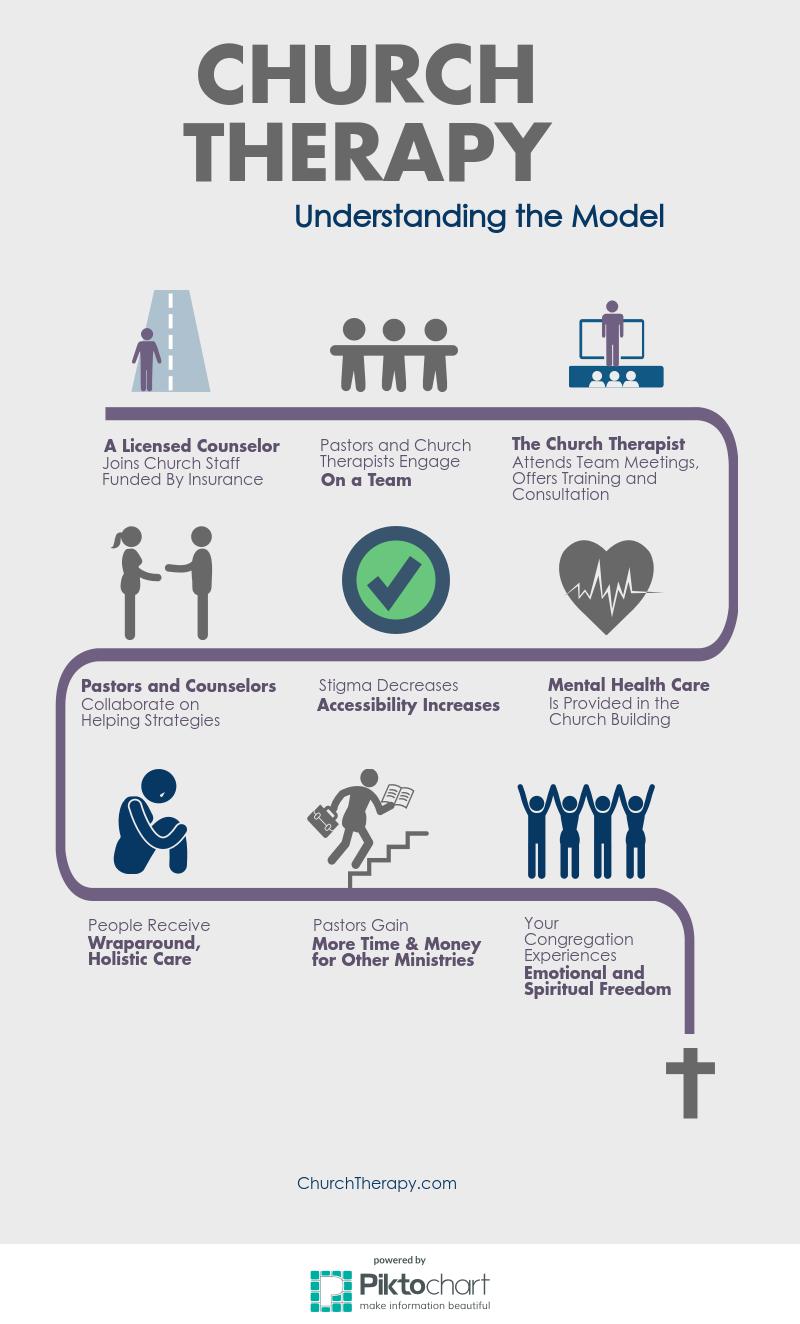In most ethical codes for counselors, there is mention that the counselor should seek to avoid dual relationships that are deemed harmful to the client. There are some areas that are never a good idea (having a sexual relationship with a client) and there are some grey areas (living in a small town and coaching Little League where a client’s child is a participant). Some dual relationships can be prevented, and some are unavoidable especially in smaller communities. Christian communities, even within large cities, can often feel small, with many overlapping circles. Unless you live very far from where you work, even the Christian counselor in private practice is likely to have some unavoidable dual relationships with clients.
Dual relationships, however, are not always harmful. The very first question to be asked with dual relationships is this: does the relationship help or harm the client? In an article published on the website of the American Counseling Association, one of the authors gives an example in which he counsels parents who are raising children with muscular dystrophy. The counselor is knowledgeable in this area because he too has a child with muscular dystrophy. As the counselor serves on agency boards and is active in the community in support of causes related to muscular dystrophy, he frequently interacts outside the counseling arena with his clients. This example is highlighted as a beneficial dual relationship, in which the counselor actually gains MORE credibility with his clients because of his work outside the therapy context.
In 2005 American Counseling Association Code of Ethics was updated to increase clarity about dual relationships and opened the door for beneficial dual relationships to exist. This change was of tremendous help to the Christian community, as counselors available to help church members face this problem daily. Can you see clients from your own church? Can a pastor serve as both a pastor and a counselor? Are these two roles or one?
The Church Therapy model suggests that the professional on-staff counselor is always in the role of counselor. Most larger churches no longer have only one pastor; rather, a team of church leaders work together to handle preaching, teaching, pastoral care/visitation, mercy ministries, and discipleship. Because of the growing awareness of mental health issues within the church, more of these problems are coming to light and are requiring treatment. A church therapist can serve as the person who handles these issues, both with individual therapy and with groups, leaving other pastors freed up to focus on other responsibilities.
Pastors will always meet with parishioners to help them walk through life’s challenges. But when these challenges involve complex emotional issues that will take more than 2-3 meetings to resolve, the church therapist can take over. Because in this model the church therapist is a licensed professional, he or she can properly assess, diagnose, and treat these mental health issues within the context of discipleship and spiritual growth. In this team approach, the pastor can do more of what pastors do very well: admonish, teach, correct, and offer care and support.
When the pastor attempts to counsel in a therapeutic sense in addition to all these other roles, the power differential becomes too great. I have personally seen very complicated situations in which pastors are involved in both counseling and church discipline. In my opinion, the person providing a safe place to talk and work through issues cannot be involved in making church discipline decisions. This dual role undermines therapeutic safety and trust. The Church Therapy model allows for the person undergoing church discipline to continue to see the church therapist, even if he or she has had to be removed from ministries or other areas of the church. In this way, the church continues to offer an option for healing and restoration and the therapist maintains a safe relationship with the client.
Pastors play many roles: shepherd, mentor, coach, leader, guide, teacher, host, and hospital visitor. Adding therapy into that mix often leads to confusion and boundary crossing on the part of both the pastor and the client. Ethical, professional therapy done right will keep the therapy space sacred. Even when the church therapist interacts with the client in other parts of the church building, the therapeutic relationship is kept at the forefront. Confidentiality and clear expectations have been established and are maintained as the top priorities of the church therapist. A pastor simply cannot maintain all of this and do his or her job of leading well.











